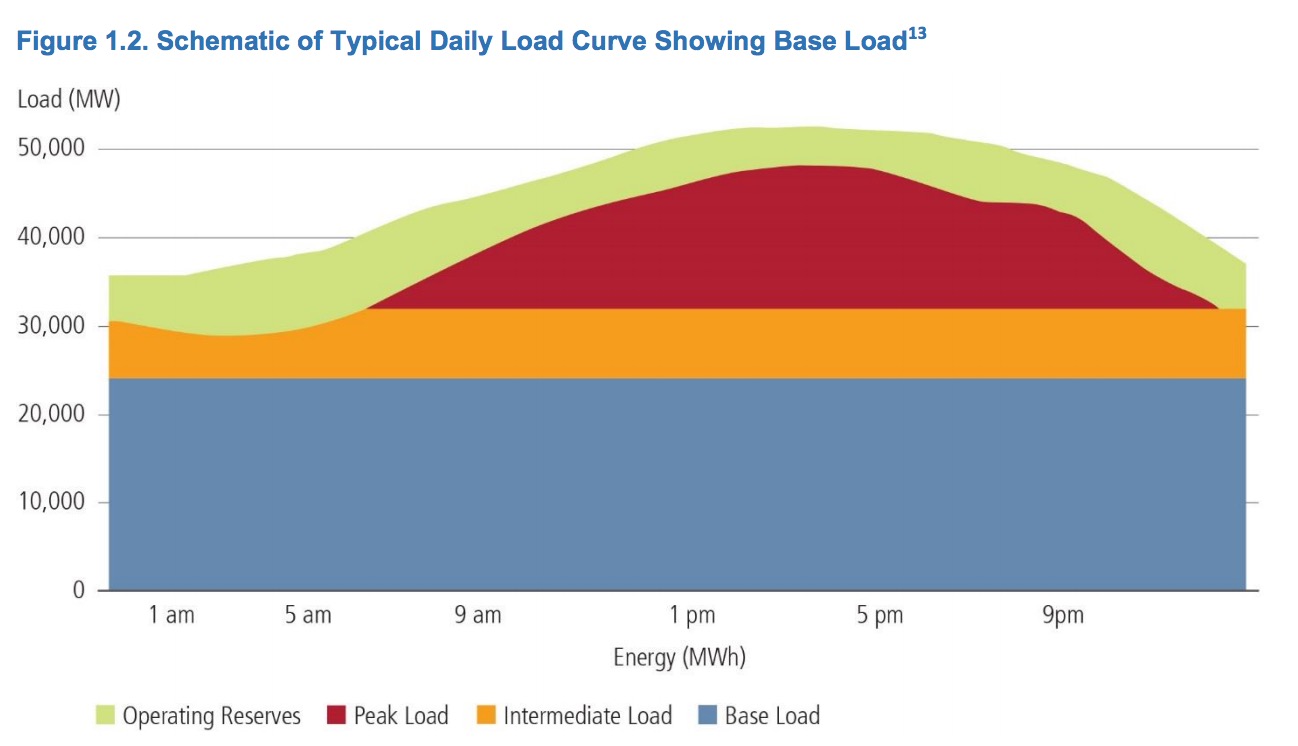
On April 14, 2017, Energy Secretary Rick Perry issued a memorandum requesting a study to examine electricity markets and reliability. With this document, Department of Energy (DOE) staff are delivering a study that seeks not only to evaluate the present status of the electricity system, but more importantly to exercise foresight to help ensure a system that is reliable, resilient, and affordable long into the future. Therefore, while carefully acknowledging history, this study focuses on the present trajectory of trends that are of particular concern in meeting those long-term goals.
View this complete post...











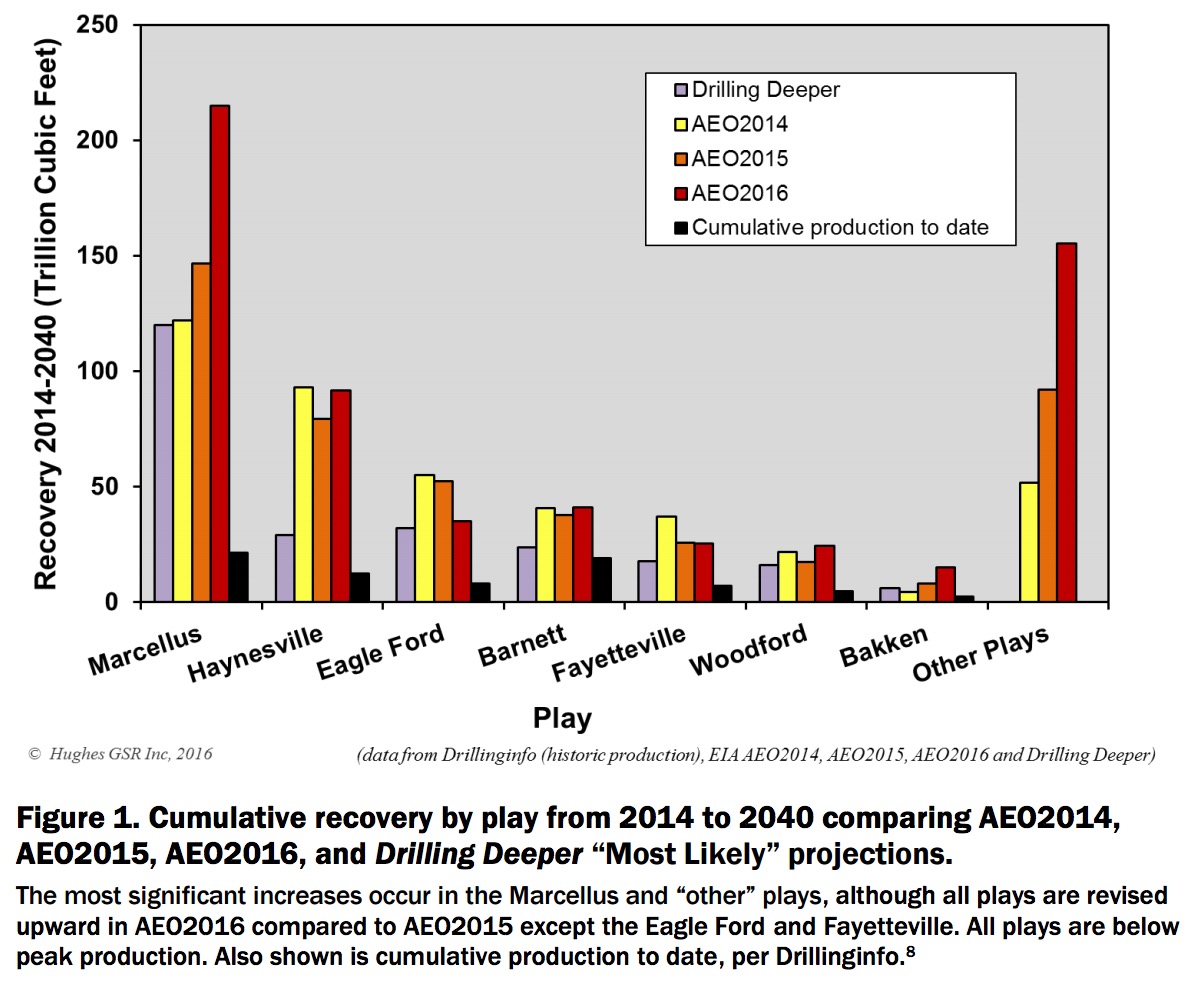
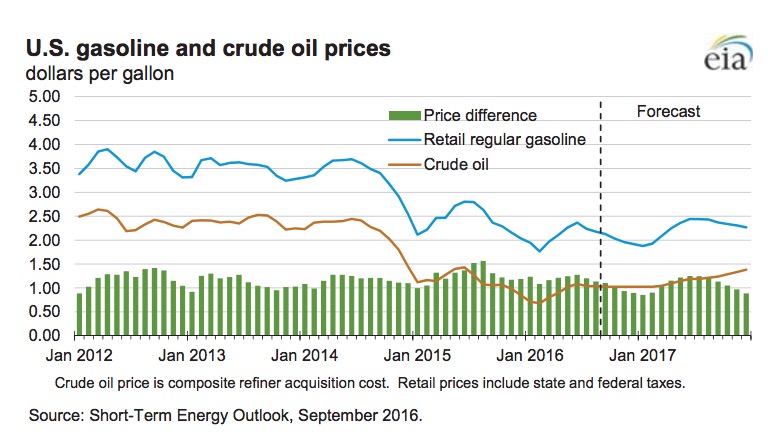

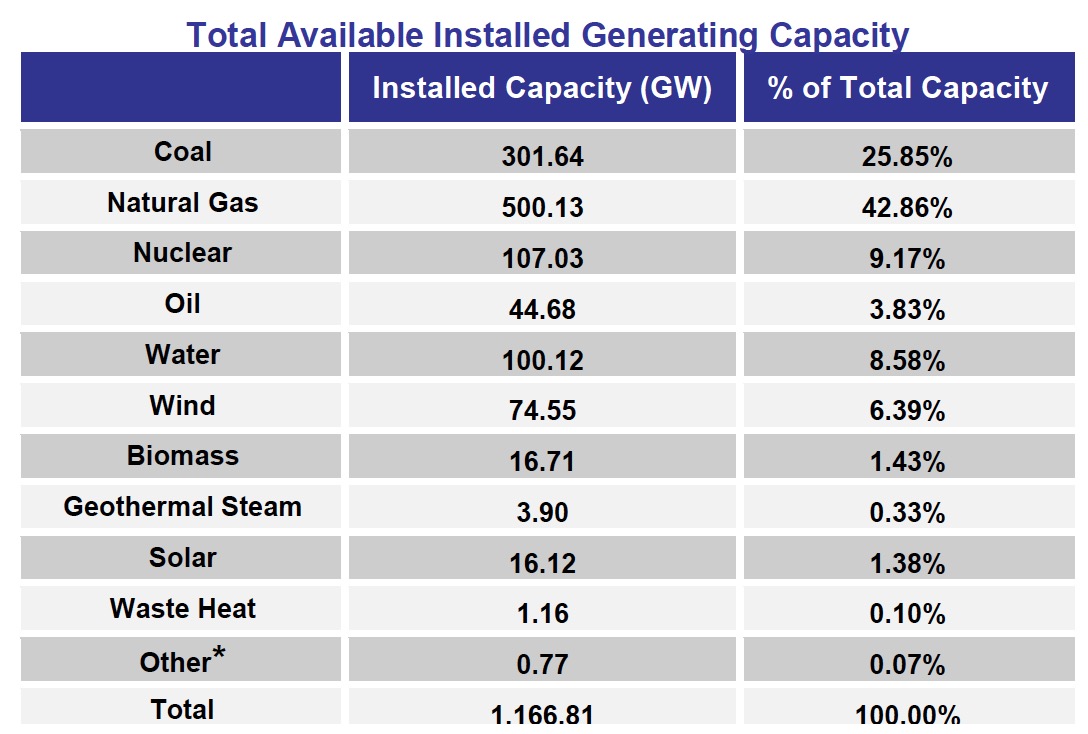

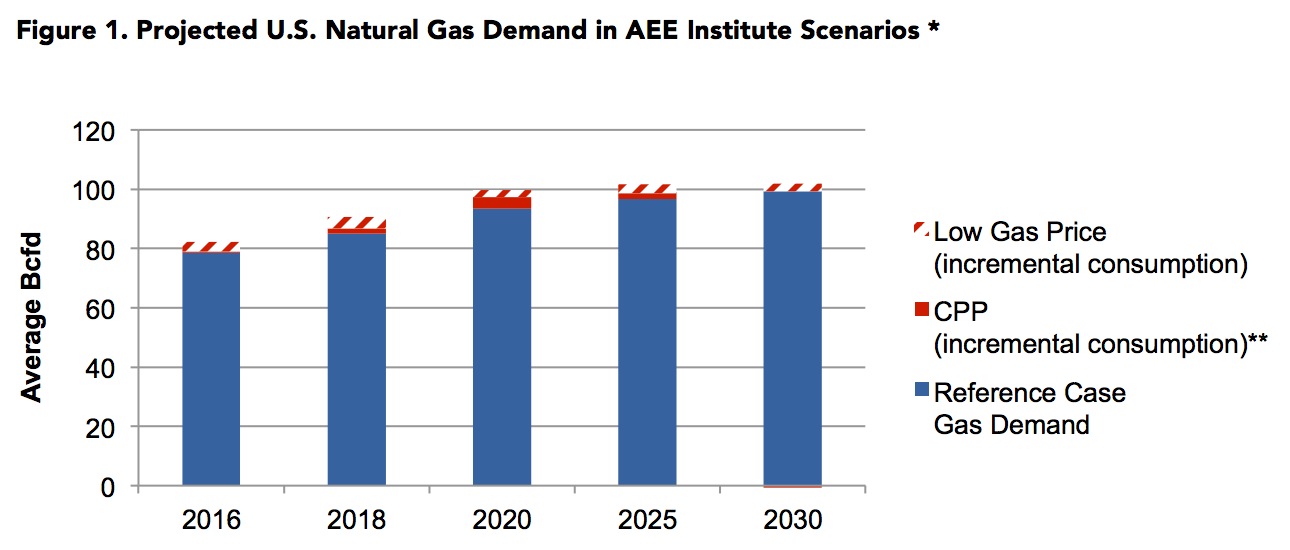
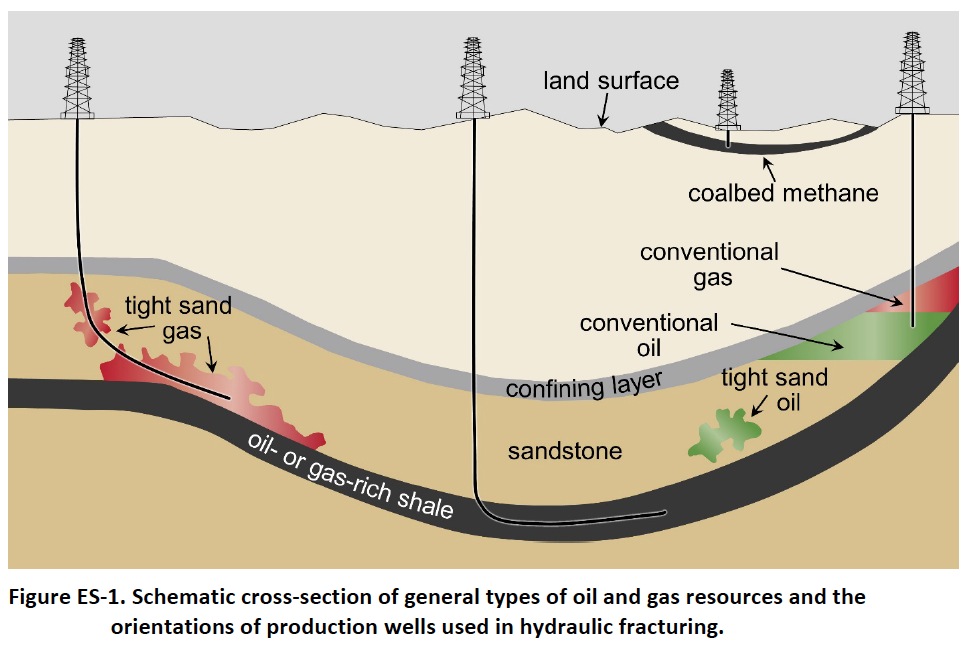



 RSS Feed
RSS Feed